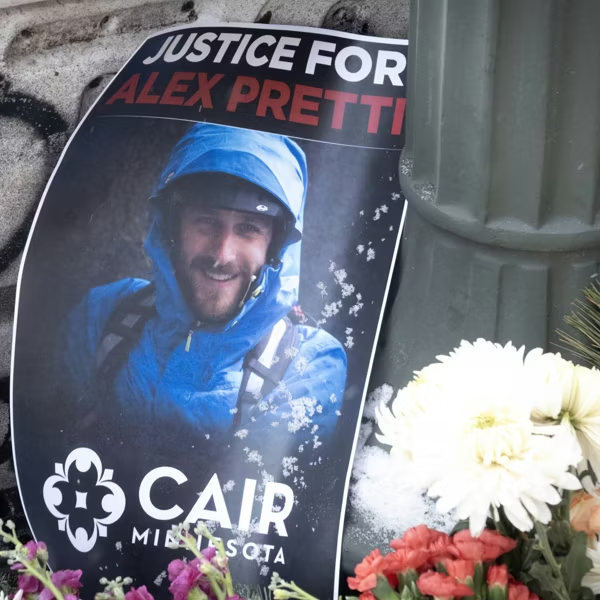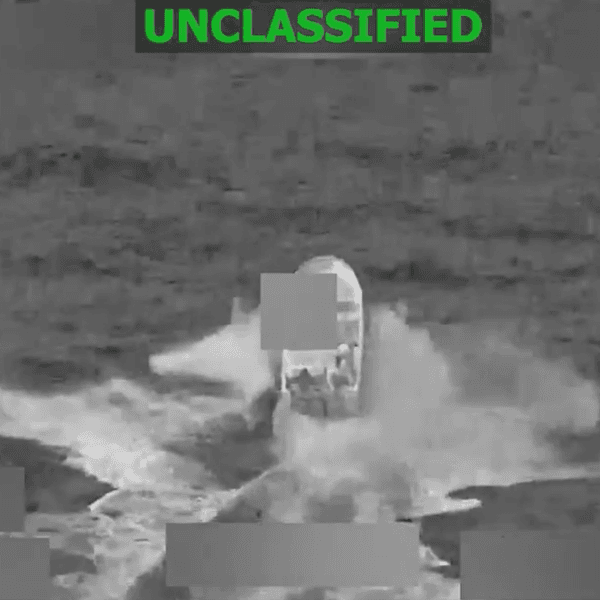Fresh findings about the hidden hand of the United States, and culpability of President Benigno Aquino III, in a botched commando raid that left dozens dead earlier this year are fueling public outrage across the Philippines and global diaspora.
The revelations are stoking anger beyond the failed operation itself, with many raising concerns about the growing American military presence--and government complicity--in a country where social movements forced the U.S. from its permanent bases over twenty years ago.
"The entire country of the Philippines is up in arms about this incident," said Rhonda Ramiro, Vice Chair of BAYAN-USA, an alliance of Filipino organizations in the U.S., in an interview with Common Dreams. "From left to right, you have people calling for truth and accountability--even members of police and armed forces, retired generals, and members of the conservative Catholic church."
The Mamasapano Massacre
The failed operation took place in January in the Mamasapano municipality in the southern Philippines and was aimed at arresting two alleged terrorists with U.S. bounties on their heads. The raid resulted in a bloodbath that left 44 police officers, 18 members of the Moro Islamic Liberation Front, and numerous civilians dead. One of the suspects, Zulkifli bin Hir, was also killed.
The consequences went beyond the immediate lives lost. Hundreds of families were displaced, and a bill which followed years of peace negotiations that would have granted autonomy to the Muslim Moros was derailed. The Aquino administration, furthermore, was engulfed in scandal for the president's refusal to admit his involvement in the raid, or even apologize for its tragic outcome.
Following the massacre, a Philippine Senate panel on Tuesday concluded that Aquino is ultimately responsible for the outcome of the botched operation.
Contrary to the previous denials of American officials, the Philippine Senate also revealed on Tuesday that U.S. personnel played a key role in the failed operation.
Demands for 'Truth and Accountability'
However, many suspect there is far more to this story.
"The reality, however, is that [President Aquino's] allies are a majority in both the Lower House and the Senate and Aquino's accountability could still be glossed over," said Joms Salvador, secretary general of GABRIELA, a Philippine alliance of women's movement organizations. "A cover-up is still highly possible and we need to be vigilant about that."
Therefore, GABRIELA is demanding an independent investigation and conducting People's Hearings "to make sure that people are aware of what really happened and that their own questions are properly aired out," according to a statement from the group. Of particular concern are reports of increased militarization in the areas near where the massacre took place.
Furthermore, sectors of the U.S.-based Philippine diaspora are demanding a more thorough investigation into the American role.
"We're going to be meeting with elected officials to press for an investigation into the U.S. role," said Ramiro. "Our feeling is the U.S violated the Philippine constitution and terms of military agreement, regarding prohibitions against a foreign military conducting operations on Philippine soil."
"We would like to see some truth and reparations. In the meantime, there should be a moratorium on the implementation of the new military agreement," Ramiro continued, referring to the controversial Enhanced Defense Cooperation Agreement--a 10-year pact, signed in April 2014, to open this southeast Asian country to more U.S. troops, warships, and fighter planes.
Growing Protests
This anger is translating into public protest, in a country with a long history of U.S. domination and fierce local resistance. The October 2014 murder of transgender woman Jennifer Laude by a U.S. Marine had already sparked outrage at the impact of American troops on local populations.
In the wake of the Mamasapano Massacre, the popularity of Aquino has plummeted, with a significant cross-section of society in favor of his resignation. Further, protests have mounted in the Philippines and around the world--from New York to Hong Kong--calling for the full truth about the massacre.
Thousands of people from across the country took part in a late-February "Day of Rage for Justice, Accountability, and Change."
A demonstration demanding Aquino step down, slated to take place Friday in Manila, is expected to draw thousands of people. In a statement about the march, BAYAN-Philippines secretary general Renato M. Reyes, Jr. slammed the president for being "complicit in the intervention of a foreign government in our domestic affairs."
"The problem here really is that the US is only interested in getting its target and is not concerned with the loss of lives of Filipino troops," Reyes continued. "Aquino meanwhile seems to be more interested in pleasing his foreign handlers rather than upholding national sovereignty and ensuring the safety of his own troops."



